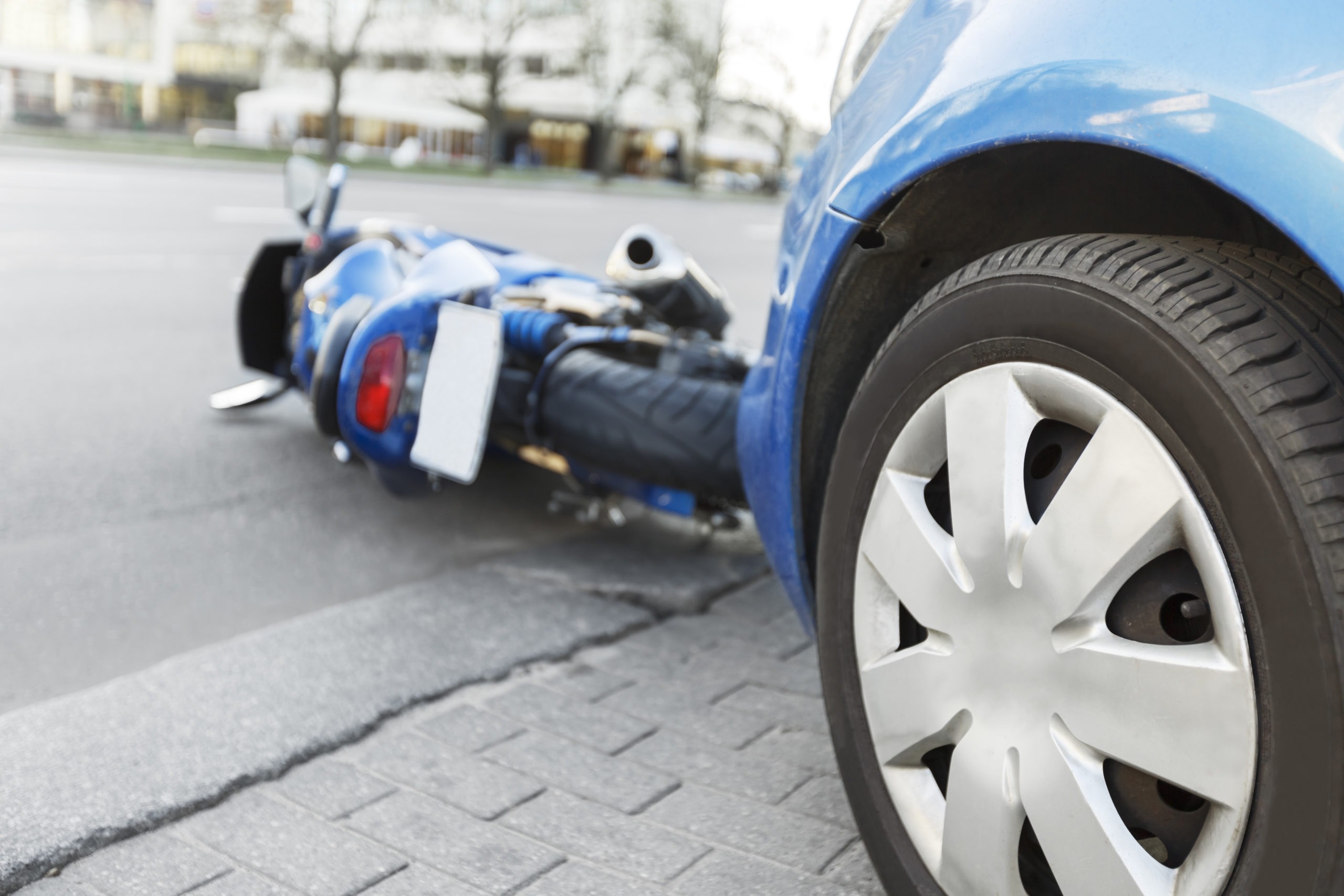Sometimes All of the Safety Tips in the World Cannot Protect a Motorcycle Driver
Accidents sometimes can’t be protected anyway
Motorcycle accidents, though not necessarily more frequent than any other type of personal injury accidents, are more likely to result in serious injury or death. And while they are like other vehicle accidents in some ways, the unique factors inherent in motorcycles and motorcycle riding, injuries resulting from motorcycle accidents, and liability issues surrounding them can be very different from car accidents.
In the vast majority of these accidents, the car strikes the motorcycle from the front 78 percent of the time. The car strikes the motorcycle from the rear only 5 percent of the time.
Motorcyclists are most in danger of an accident when a car is making a left-hand turn. About 42 percent of all traffic accidents involving a car and motorcycle involve a car turning left.

Lane splitting (driving between two lanes) is perhaps the next most common cause of an accident. If a collision occurs while a motorcycle is lane splitting, whether the motorcycle or car is at fault depends on whether lane splitting is permissible in that state, the views of the police officer and judge on lane splitting, and the actions of both the driver of the car and motorcyclist prior to the accident.
There are times when a driver of a car is negligent or reckless and causes injury to a motorcyclist, but the motorcyclist also did something that contributed to the crash. In such cases, the vehicle driver might raise the motorcyclist’s conduct as a defense to the negligence claim. In some states, such a defense, if proven, might reduce the amount of the motorcyclist’s recovery. In others, the motorcyclist’s behavior might prevent the motorcyclist from getting any monetary recovery at all.
Motorcycle Helmet Laws
In West Virginia, motorcyclists are required by law to wear helmets. It is illegal for motorcyclists to operate or their passengers to ride on a motorcycle without a helmet. Not just any helmet will do, though, as the state also has specific regulations around the type and specifications. All helmets must have either a neck or chin strap, and meet all performance specifications dictated by the American National Standards Institute, as well as by the United States Department of Transportation.
How Injuries and Liability in Motor Vehicle Accidents Differs
One of the main reasons laws are so strict surrounding the usage of motorcycle helmets is due to the fact that injuries sustained in motorcycle accidents are typically much more severe than automobile accident, as there are fewer physical protections in place for motorcyclists. Injuries can range from road rash, to bone fractures, as well as spinal cord and traumatic brain injuries.
In fact, the National Institute of Health reported that at one point there has been a significant increase in fatal accidents for motorcyclists. For this reason, motorcycle insurance premiums are much higher as motorcyclists pose more of a risk to insure, and are more likely to need to use their coverage. Similarly, motorcyclists often purchase additional coverages in order to better protect themselves.
Get In Touch With Us
Once the insurance companies get involved, the victim is at a huge disadvantage. Insurance companies will limit the amount paid out on claims. What should you do if you are injured in a motorcycle accident? It is always better to consult with a knowledgeable motorcycle accident attorney as soon as possible. At Jan Dils, Attorneys at Law, a first consultation is always free. We won’t let the insurance companies cause you even greater pain and suffering.
 Free Case Consultation
Free Case Consultation  Free Case Consultation
Free Case Consultation 



